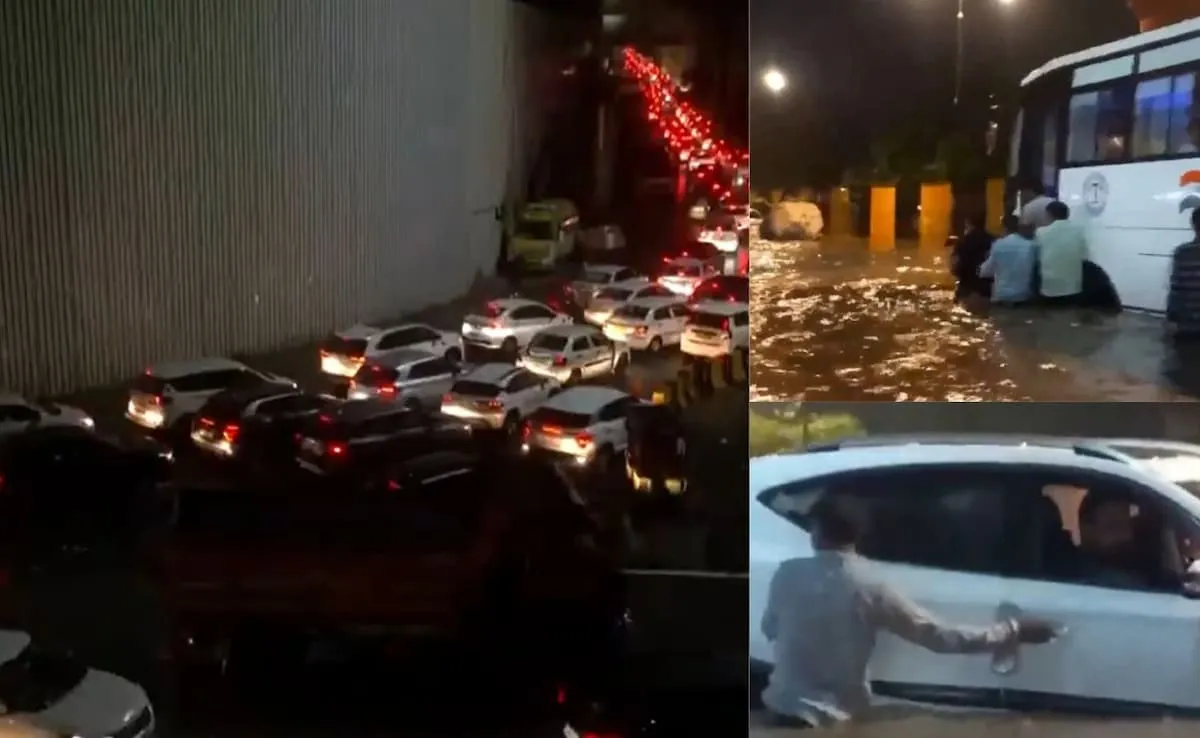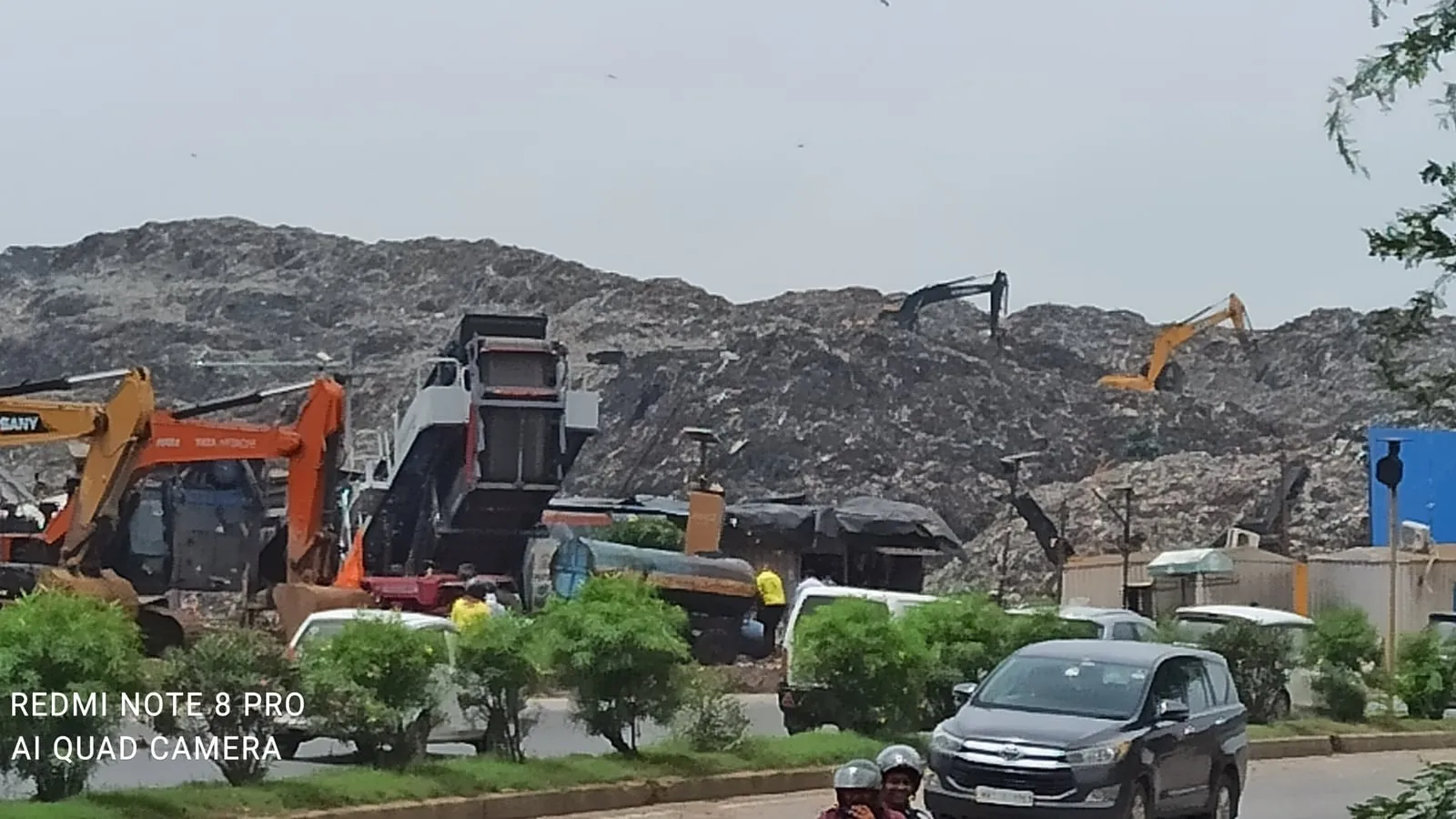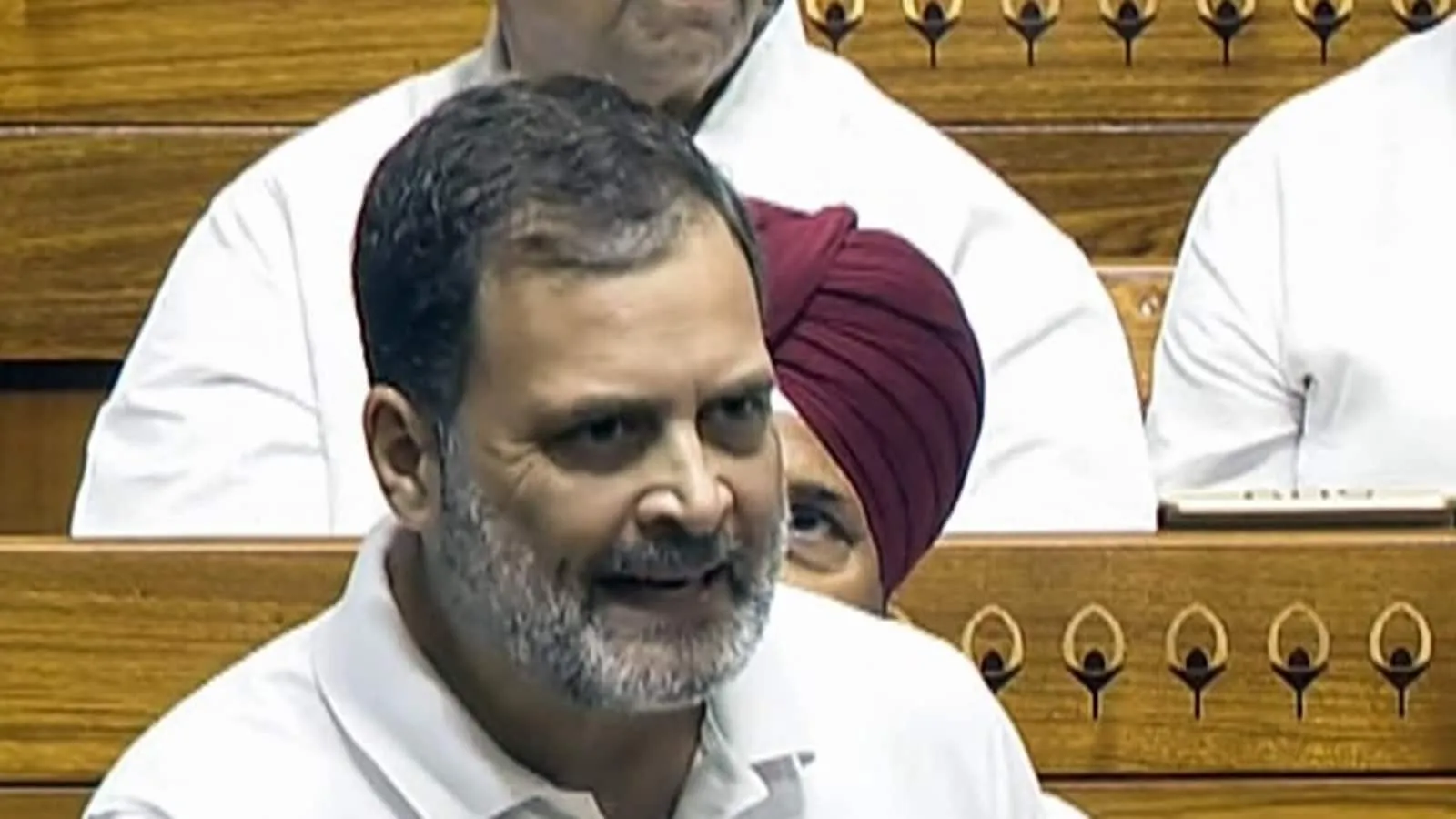Delhi Government’s Focus on Monsoon Preparedness
The Delhi government has issued orders for civic bodies to intensify efforts in basic monsoon preparedness. This directive emphasizes the importance of routine drain cleaning and waste removal throughout the city following heavy rainfall that occurred on Wednesday evening.
Addressing Key Concerns
Chief Minister Rekha Gupta presided over a crucial meeting with Public Works Department (PWD) Minister Parvesh Sahib Singh Verma and senior officials to discuss the pressing issues. While there have been notable improvements in specific areas like Minto Road and the ITO junction, where waterlogging was successfully avoided this time, 22 problem spots were identified across the city post-rainfall.
Enhanced Focus on Maintenance
The directive now mandates daily drain cleaning and garbage clearance activities. Previously, these tasks were only hurriedly conducted when rain was forecasted. Officials have been instructed to pay special attention to smaller drains and culverts, which are prone to frequent clogging.
It was observed that garbage accumulation near roads and drains hindered proper water drainage. To combat this issue, civic agencies have been tasked with ensuring regular waste clearance, even in the absence of immediate flooding.
Efforts Towards Improving Accountability
Senior officials are now required to physically inspect areas susceptible to waterlogging, even during dry spells. Departments have been urged to define clear responsibilities for field staff to streamline operations and avoid delays or inefficiencies.
Transition to Proactive Measures
Against the backdrop of longstanding grievances regarding blame-shifting and infrastructure challenges, the government aims to shift focus towards proactive maintenance. Departments have been instructed to draft time-bound action plans and enhance coordination to prevent issues rather than reacting after the fact.
Looking Ahead
As the city braces for more rainy days ahead, the effectiveness of this new approach will be tested during the next rainfall. It remains to be seen whether this shift towards preventive measures will yield tangible results or simply remain a routine directive.






